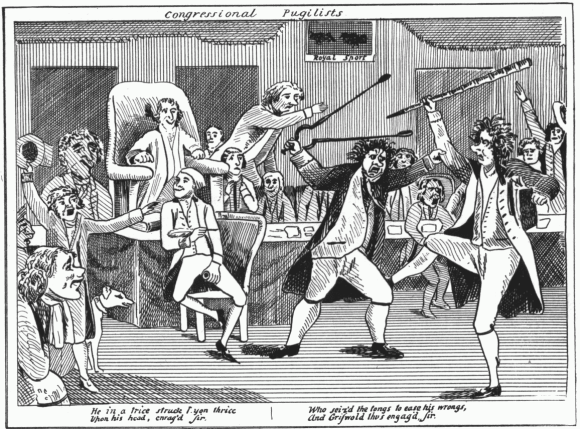Anyone who pays attention to politics or current events is aware of just how low political discourse has fallen since the last presidential election. But until people began responding to the accusations by Christine Blasey Ford against Supreme Court nominee Brett Kavanaugh, it wasn’t quite so obvious just how low some people were willing to stoop to promote different political agendas.
Across the country and all over social media, political exchanges seem to immediately turn into personal insults and attacks on those who express opposing sentiments about the direction of our republic. No one can be content with debating the issue, discussing the reasons Ford might have waited to report or why Kavanaugh having such a detailed calendar of his life decades later is hard to believe. No one can even be content with just saying one or the other is lying, and the Kavanaugh/Ford argument is no exception.
Social media memes on the Kavanaugh situation are an excellent case in point. Memes making fun of how Ford looks abound. Democrats and Republicans are lumped into all-encompassing groups, allowing no room for anyone to be considering their opinion or undecided.
What has been identified as the Trump Derangement Syndrome is seemingly a feasible explanation for some behaviors. The term defines those with the condition as responding in a manner verging on the irrational, without regard to actual positions or actions taken. And, unfortunately, it seems to be spreading. There are a number of reasons why attacks are becoming cruel. Negative partisanship, the belief that however bad the politicians are in an individual’s own party, those on the other side are much, much worse, is an overriding theme in politics today. The willingness of politicians to call each other the most horrible of names and believe that every event is a ploy by the other side to manipulate things is the result of the idea that victory by the other side could bring about complete ruin.
There is a superior, more praiseworthy means of dealing with elected leaders we disagree with. The opportunity comes around on a regular basis. It’s called Election Day. Until then, sharing opinions needs desperately to return to a state of civility and respect. Only then can we start to neutralize some of the partisan hatred that seems to have taken over and start to rebuild our country into something that seems unified.
As for friends and acquaintances who disagree, it’s time to start to listen, to think, and to be considerate of the opinions of others. There is no call to insult anyone’s looks, intelligence, or background. Until we learn to work together, compromise, and respect, our country will never be all that it is possible for it to be.








